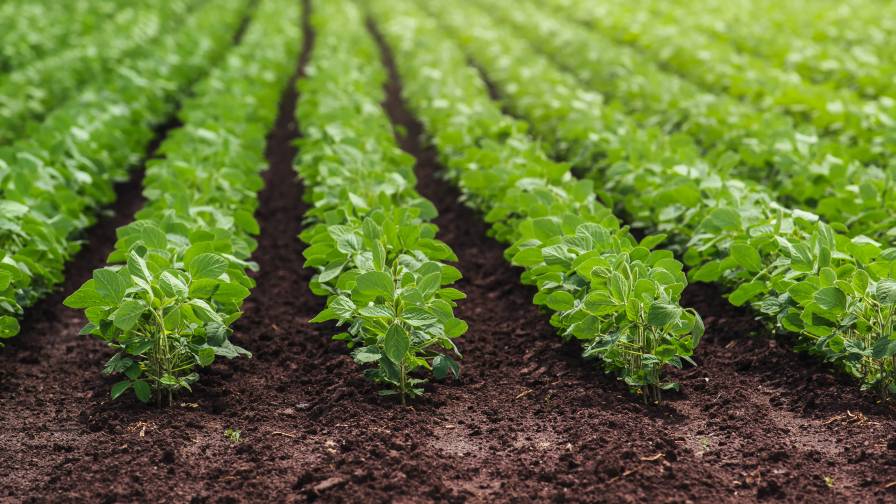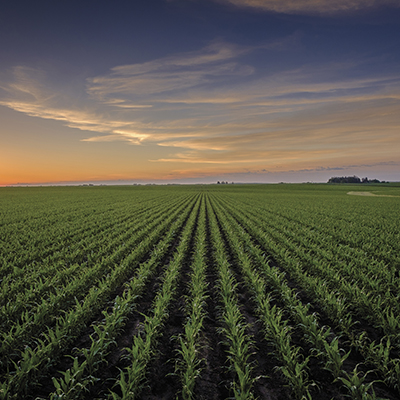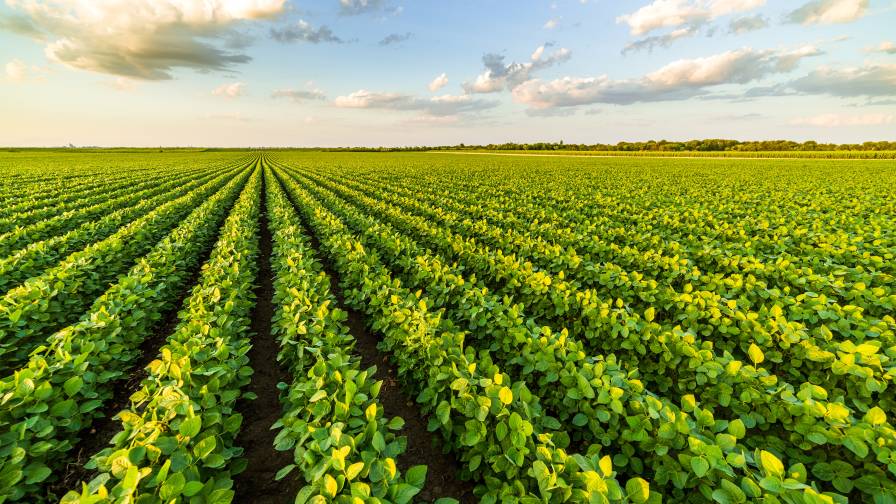Glyphosate-Resistant Kochia Confirmed In Kansas
Kansas State University (KSU) scientists have completed long-term evaluations of a limited number of independent kochia (Kochia scoparia) populations on privately-owned land in western Kansas that are now confirmed to be glyphosate-resistant. These populations have undergone both greenhouse and field testing by KSU and Monsanto personnel.
Kochia, also called fireweed, is a drought-tolerant weed commonly found in cropland, rangeland and pasture, and non-agricultural sites in arid and semi-arid regions of the western U.S. and Canada. Kochia is highly adaptable and grows on many soils including saline and alkaline soils.
Phil Stahlman, who is a weed scientist with KSU Research and Extension, has listed as many as five glyphosate-resistant kochia populations in western Kansas on the International Survey of Herbicide Resistant Weeds Web site following lengthy evaluations of greenhouse and field studies. He, along with K- State scientists Kassim Al-Khatib, Curtis Thompson, and other colleagues, including Monsanto scientists, have investigated the sites independently, focusing on the variability of the resistance and difficulties in proving heritability — a trait required for confirmation of resistance.
“This complicates and may increase control costs for those growers who may have a resistance problem, but there are other herbicides that can be used to control kochia,” says Stahlman, who is based at KSU’s Agricultural Research Center, Hays, KS.
Thompson, who is based at KSU’s Agronomy Department in Manhattan added, “If glyphosate-resistant kochia is suspected, the grower should consider a two-pass weed control program that includes use of residual pre-emergence herbicides that control kochia.”
Kochia control can be adversely affected by both growth stage and environmental conditions, with erratic performance fairly common. Initially, the lack of control was thought to be due to factors or circumstances other than resistance. Stahlman notes that some growers learned to manage kochia with glyphosate rates below the recommended rate by using enhanced application techniques.
“We know that herbicide rate is very important in preventing resistance and areas that practiced low use rates were among the first to exhibit lack of control of kochia not due to environmental factors,” said Stahlman.
(Source: The Nebraska Rural Radio Association)






